Paul F. Glenn Center for the Biology of Human Aging

The Glenn Center is the first center for research exclusively focused on the biology of human aging.
Aging is a complex, universal condition leading to functional decline of all cells and organisms, causing major public health problems at the national and global level. While our understanding of the factors affecting aging and longevity has grown precipitously, most research has been conducted mainly on experimental animal models with short life spans.
Research Goals
- Uncover genetic and biological mechanisms that protect against human aging and age-related diseases
- Test the efficacy of the first generation of pro-longevity interventions in human aging
- Develop novel generations of preventive and therapeutic interventions against neoplastic and non-neoplastic cellular aging in humans
Ongoing Studies
- Discovery of genetic and epigenetic markers of exceptional longevity
- Rescue of human cellular aging
- Preclinical Development of vaccines against age-related diseases
- Mechanistic human studies to investigate novel anti-aging therapies
The "Glenn 10"
Glenn Center research is carried out in the core facilities and laboratories of ten renowned Einstein investigators.
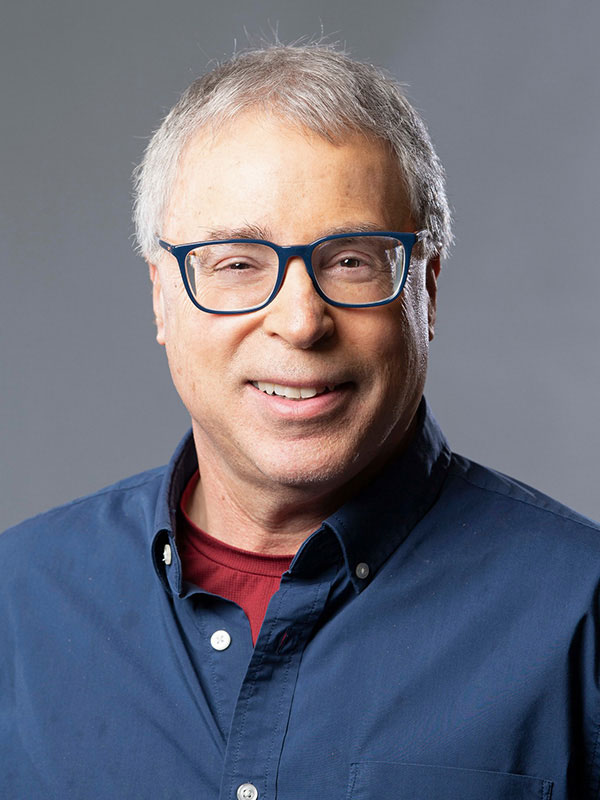
Nir Barzilai, M.D.
Professor of Medicine (Endocrinology)
Professor of Genetics
Ingeborg and Ira Leon Rennert Chair in Aging Research
Director, Institute for Aging Research
Dr. Barzilai is principal investigator of two program projects, the T32 aging training grant, and several independent grants from the NIA and other sources of aging research funding. He is a recipient of several awards, most notably, the Beeson Physician Faculty Scholar Award (1997-2000), Ellison Medical Foundation Senior Scholar (2000-2005), the Nathan W. Shock Award Lecture (2003), the Paul Glenn Award, and the 2010 Irving S. Wright Award of Distinction. Dr. Barzilai's research has been repeatedly featured in The New York Times, USA Today, The Washington Post, The Wall Street Journal, and in media programs such as NOVA, PBS and CBS.
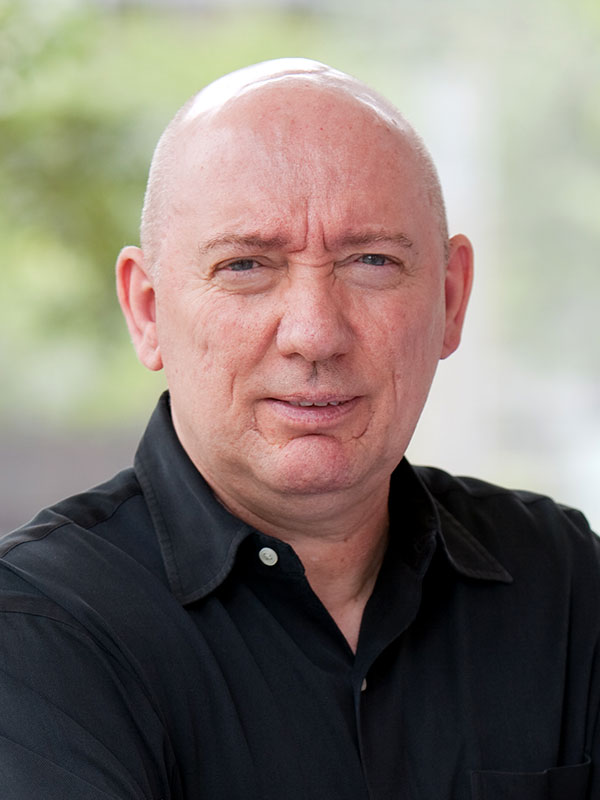
Jan Vijg, Ph.D.
Professor, Department of Genetics
Professor, Department of Ophthalmology & Visual Sciences
Chair, Department of Genetics
Lola and Saul Kramer Chair in Molecular Genetics
Dr. Vijg received his Ph.D. at the University of Leiden, The Netherlands, in 1987. From 1990 to 1993, he was founder and Scientific Director of Ingeny B.V., a Dutch Biotechnology company. In 1993, he moved to Boston to take up a position as Associate Professor of Medicine at Harvard Medical School. In 1998, he accepted an offer from the University of Texas Health Science Center in San Antonio, Texas to become a Professor in the Department of Physiology. From 2006 to 2008, he was a Professor at the Buck Institute for Age Research in Novato, California. With his research team, he was the first to develop transgenic mouse models for studying mutagenesis in vivo (in 1989) and has used these models ever since in studying the relationship between damage to the genome and aging. He has published over 200 scientific articles and two books, and is inventor or co-inventor on eight patents.
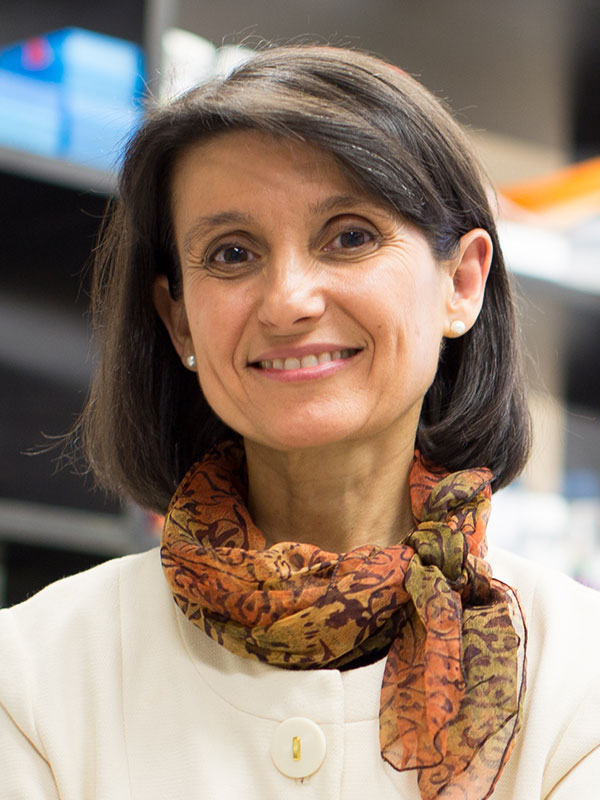
Ana Maria Cuervo, M.D., Ph.D.
Professor of Medicine (Gastroenterology & Liver Diseases)
Professor of Developmental & Molecular Biology
Professor of Anatomy & Structural Biology
Robert and Renée Belfer Chair for the Study of Neurodegenerative Diseases
Co-Director, Institute for Aging Research
Dr. Cuervo has extensive experience in the study of cellular homeostasis with emphasis on the autophagic system. Her honors include the Ellison Medical Foundation New Scholar (2002-2006), the 2006 Nathan W. Shock Award lecture, the 2008 Cristofalo Rising Start Award in Aging Research, the 2009 Roy Walford Endowed Lecture on Aging, the 2010 Beneett J. Cohen award as a leader in basic aging biology, and the 2011 Cherkin Award Lecture in gerontology. She is co-Editor-in Chief of Aging Cell since 2006, and has been elected as member of the NIH/NIA scientific council.
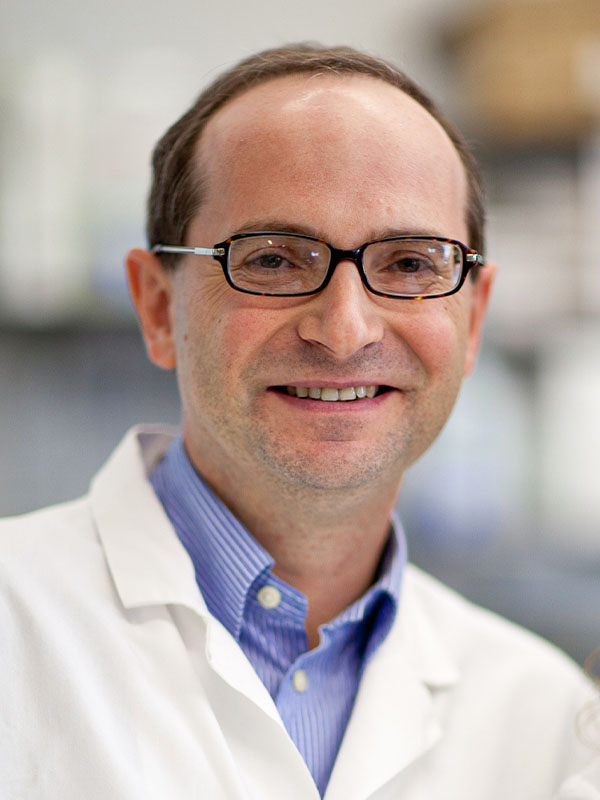
Fernando Macian-Juan, M.D., Ph.D.
Associate Professor of Pathology
Dr. Macian has been studying the regulation of T lymphocyte function in the immune system for more than 15 years and uses this expertise to analyze the mechanisms that underlie the defects in the immune responses that occur with age. Dr. Macian received an Irene Diamond Research Scholar award in Immunology (2004-2007) and is a member of the National Scientific Advisory Council of the American Federation for Aging Research.
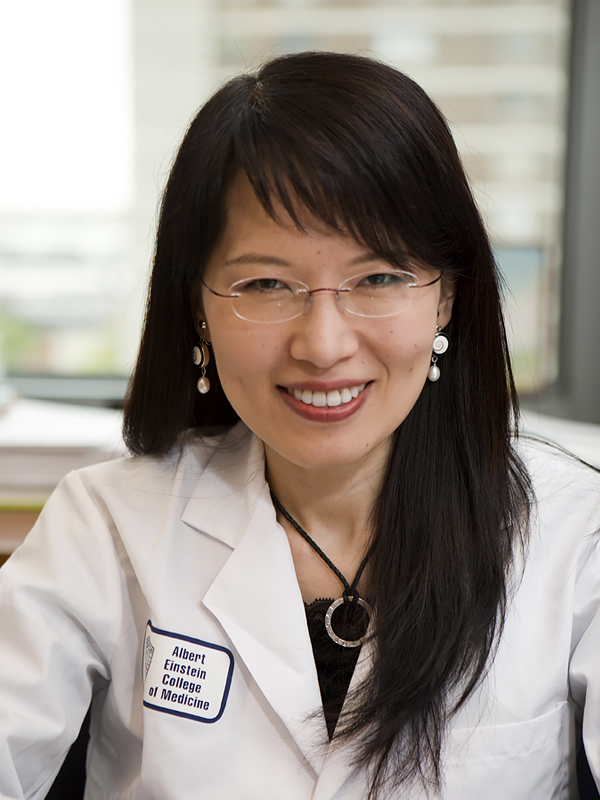
Yousin Suh, Ph.D.
Associate Professor of Genetics and Medicine (Endocrinology)
Dr. Suh is a human geneticist who has shown the ability of identifying mutations or polymorphisms related to aging and its disease and finding their functional meaning. She is the first to discover functional mutations in the IGF-1 receptor in human centenarians (PNAS), linking the pathway that was previously was relevant to lower species. Similarly, she has shown the role of telomere length and the genomic of the telomerase genes in in centenarians (PNAS). She has received numerous grant and awards and is central partner in two program projects.

John M. Greally, Ph.D., M.B.,B.Ch.
Associate Professor of Genetics (Division of Computational Genetics), Pediatrics (Division of Genetics), and Medicine (Division of Hematology)
Dr. Greally’s research is in the area of epigenomic regulation of the genome, and its dysregulation in disease. He is the founding director of the Einstein Center for Epigenomics, and his research includes studies of the epigenetic regulation of stem cell differentiation and transcription-targeted cytosine methylation, and epigenetic abnormalities in human diseases such as type II diabetes mellitus, infection, and allergies. His aging research is focused on the influence of prenatal events on the epigenome and how these may influence age-related diseases, and is a partner in establishing the epigenetics of exceptional longevity. He also performs clinical duties at the Children’s Hospital at Montefiore as a Clinical Genomicist, seeing patients who have been tested with new genome-wide technologies.
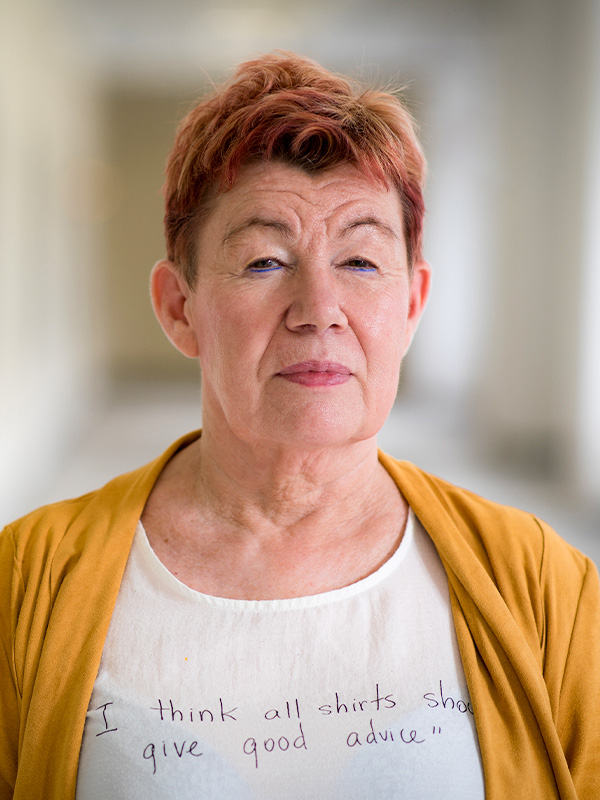
Claudia Gravekamp, Ph.D.
Associate Professor in the Department of Microbiology and Immunology
Member, Albert Einstein Cancer Center
Dr. Gravekamp was trained as a tumor immunologist and has broad experience in the development and testing of cancer vaccines in preclinical animal models and human cells. Her most recent work is focused on developing Listeria-based vaccines that are effective against metastatic cancer specifically in older people. She has authored 50 publications, and has served as reviewer on several NIH study sections (NNCAM, SBIR, CII). As PI on several university- and NIH/NCI/NIA-funded
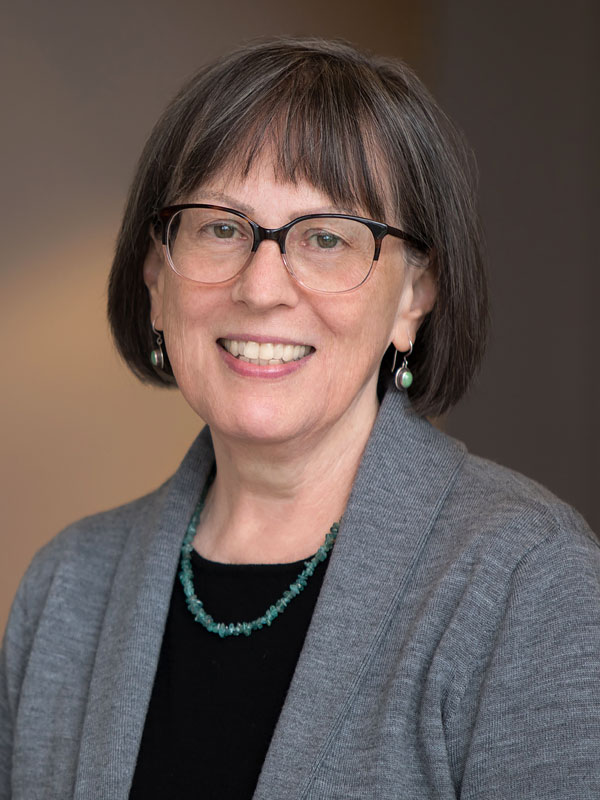
Jill P. Crandall, M.D.
Professor of Clinical Medicine
Director of the Diabetes/Endocrinology Clinical Trials Unit
Dr. Crandall serves as Principal Investigator for several NIH-sponsored clinical trials including the Diabetes Prevention Program, the Epidemiology of Diabetes Interventions and Complications (EDIC) study and the Testosterone Trial. She is co-director of the Clinical Research Methodology Unit of the Diabetes Research & Training Center and Clinical Core director for the LonGenity Study of the genetic basis for exceptional longevity. Her research interests focus on age-related changes in glucose metabolism and the relationship between hyperglycemia and cardiovascular risk. She is associate editor for the Journal of Gerontology Series A Biological and Medical Sciences.
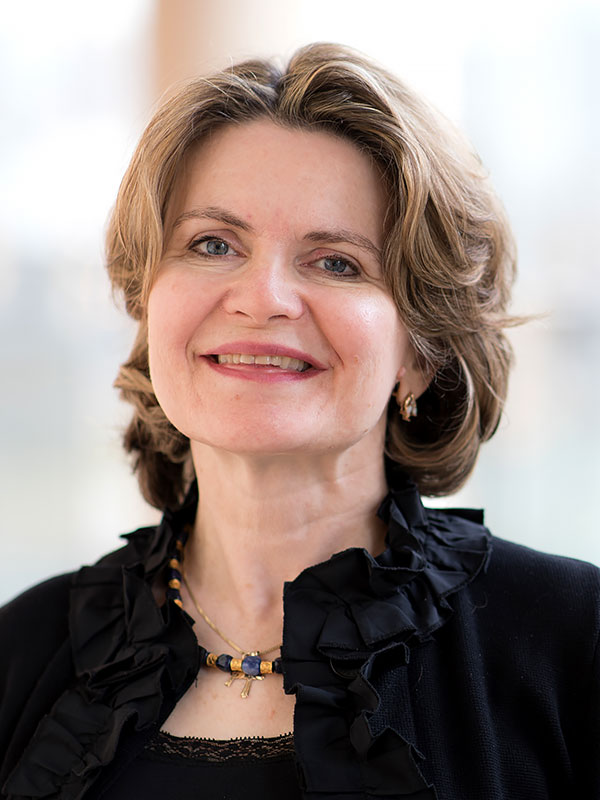
Meredith A. Hawkins, M.D.
Professor of Medicine
Director of the Global Diabetes Initiative
Challenging the 'insulin-centric' view of hepatic glucose metabolism, Dr. Hawkins has highlighted the importance of defective 'glucose effectiveness' to suppress glucose production in diabetes mellitus, and has provided the first evidence in humans for central regulation of glucose production. Her honors include the Beeson Physician Faculty Scholar Award (2003-6), the Clinical Associate Physician Award from the NIH (2000), the Junior Physician Scientist Award of the American Federation of Medical Research (2003) and the Novartis Young Investigator Award for Diabetes Research (2007).
